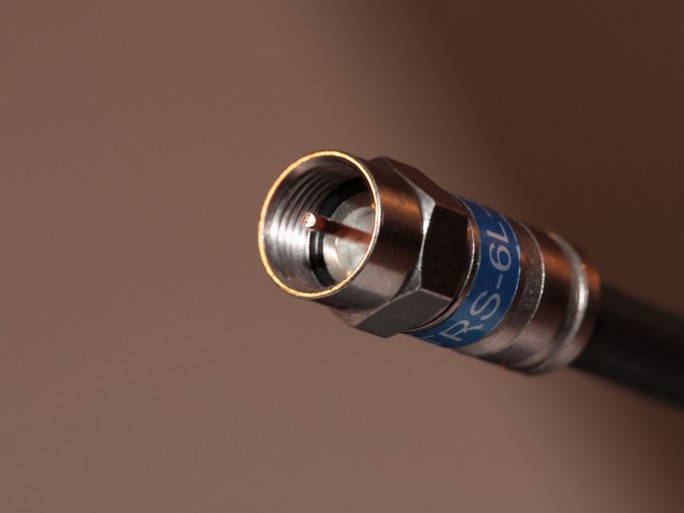Virgin Media To Connect 4m More Homes And Businesses To Cable

Virgin Media cable network is to reach 17m homes over the next five years in a £3 billion investment
Virgin Media is to add an additional four million properties to its cable network in a bid to establish itself as a genuine alternative to BT.
The £3bn programme will take place over a five year period and will see Virgin Media’s reach increase from 12.6 million homes and businesses to 17 million. The Openreach network used by BT, Sky, TalkTalk and others to deliver superfast broadband currently serves 22 million premises.
Virgin says it will target areas close to its current footprint and places where consumers and businesses register their interest. This means cities rather than rural areas are likely to benefit, whereas BT has connected two million homes and businesses not covered by commercial fibre rollouts thanks to the government-funded Broadband Delivery UK (BDUK) programme.
More competition
 However, Virgin Media claims its expansion will offer faster speeds and boost competition in areas already covered by BT.
However, Virgin Media claims its expansion will offer faster speeds and boost competition in areas already covered by BT.
“Millions of homes and businesses will soon be able to benefit for the first time from broadband speeds at least twice as fast as those available from the other major providers,” says Tom Mockridge, Virgin Media CEO. “Consumers and business owners who want to make the switch to better broadband speeds now have an alternative.
“In virtually all of the areas we have identified for expansion, BT is the only option available right now. Its ageing copper telephony wires are not capable of the ultrafast connectivity that Virgin Media delivers. Soon we will offer unbeatable services to even more homes and businesses across the country.”
Faster speeds
The Openreach network primarily uses Fibre to the Cabinet (FTTC) technology which uses existing copper wire for the final few hundred metres of the connection, delivering speeds of up to 76Mbps. Virgin’s network offers up to 152Mbps, although it is worth noting that BT plans to rollout G.Fast across its infrastructure, potentially offering 500Mbps to the majority of the UK within a decade.
But Virgin Media’s parent company Liberty Global is testing technology that could result in 10Gbps speeds in the future.
At the moment, the average broadband speed in the UK is 23Mbps, but just 22 percent of households subscribe to superfast broadband services. The government is targeting 95 percent coverage by 2017 and is looking at using alternative technologies to reach the final five percent of the population not covered by existing projects.
New jobs
Prime Minister David Cameron welcomes Virgin Media’s investment, claiming it will help the government achieve its broadband goals and result in the creation of 5,000 new jobs, including 1,000 apprenticeships.
“These 6,000 new jobs and apprenticeships will mean financial security and economic peace of mind for thousands more hardworking families across the country,” said Prime Minister David Cameron. “Together with this Government’s rollout of superfast broadband which has now reached more than two million UK homes and businesses, this additional private investment will create more opportunities for people and businesses.”
Analysts say more competition is good for the sector, but are concerned about the lack of plans for rural rollout.
“Virgin Media’s hefty cash injection will have a marked impact on UK broadband infrastructure, benefiting consumers and creating jobs in the process,” says Ewan Taylor-Gibson, broadband expert at uSwitch.” More competition and faster speeds can only be a good thing for Brits.
“But the devil is in the detail. Virgin Media will focus its expansion in areas closest to its existing network, based on consumer and business demand. This could mean rural customers are knocked down the priority list if there aren’t enough residents in remote areas to convince Virgin to ‘Cable My Street’.
“That said, anyone struggling with archaic speeds should take the opportunity to sign up and highlight poor speeds in their local area.”